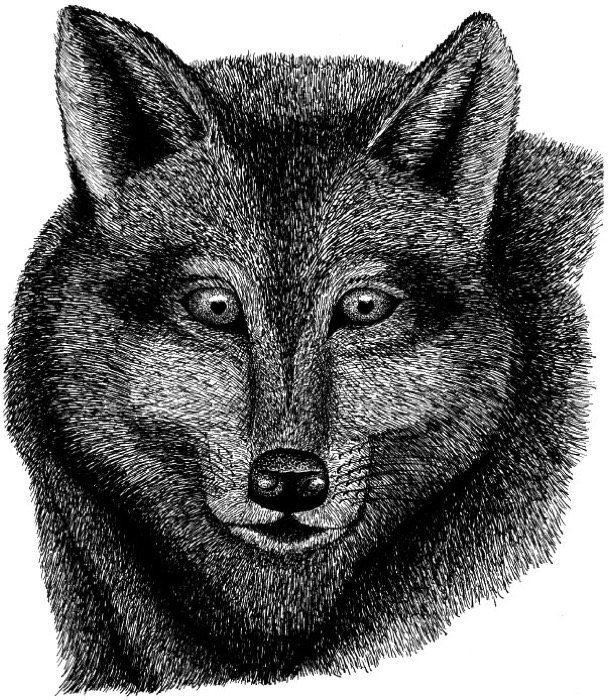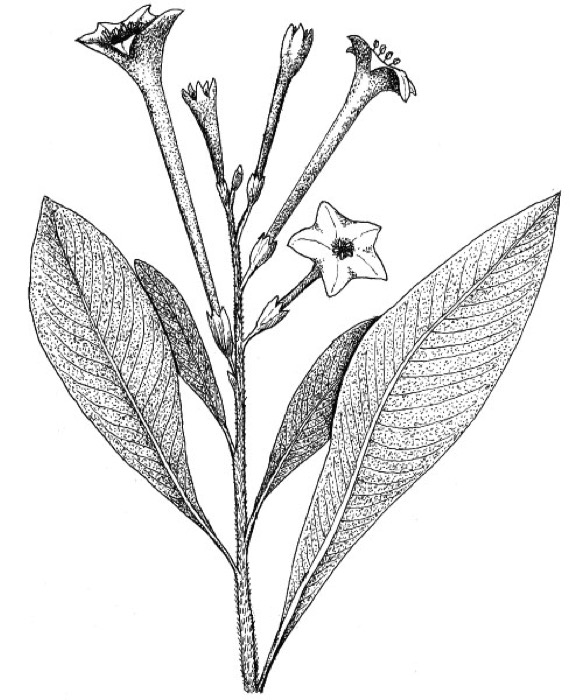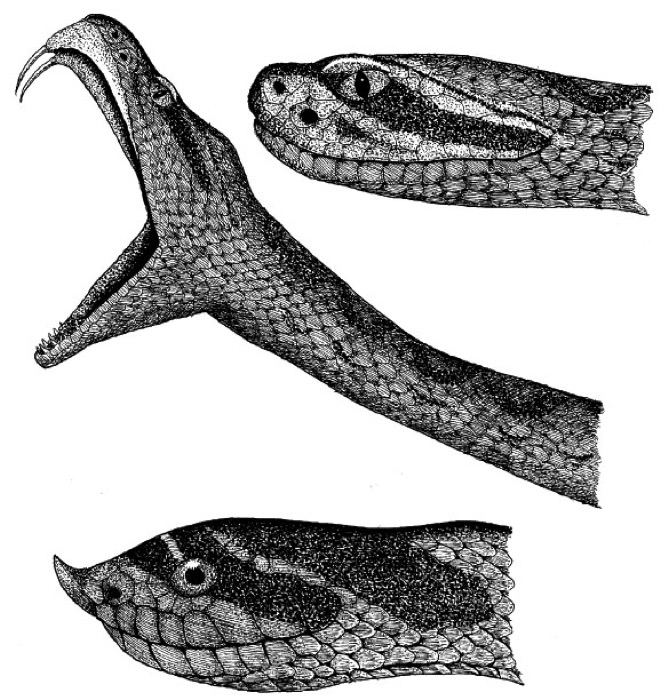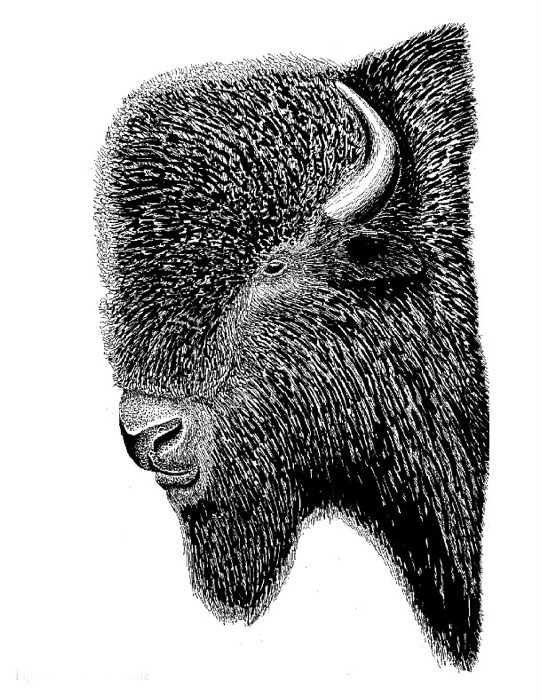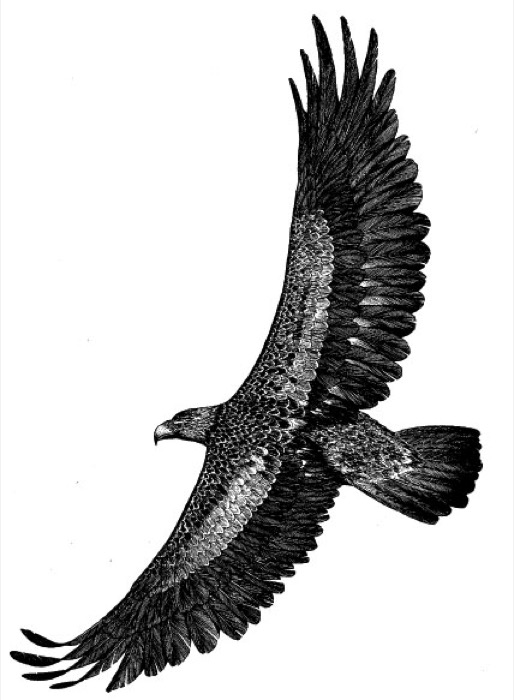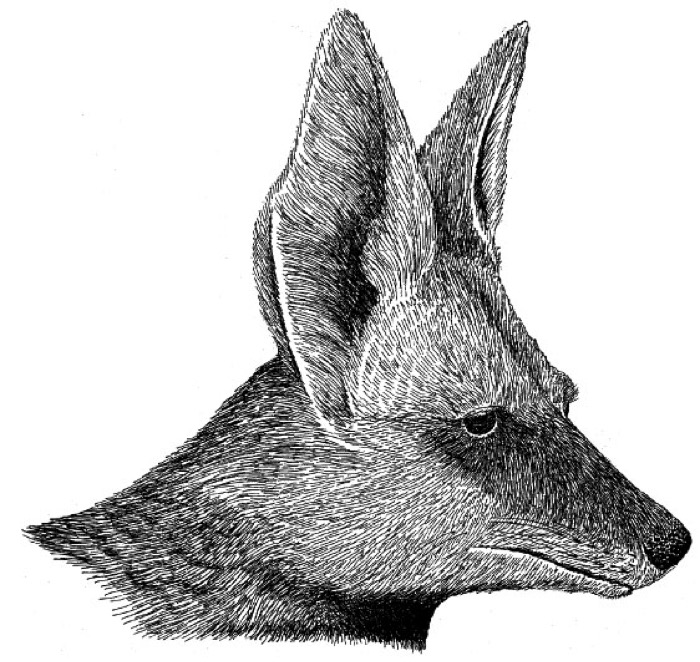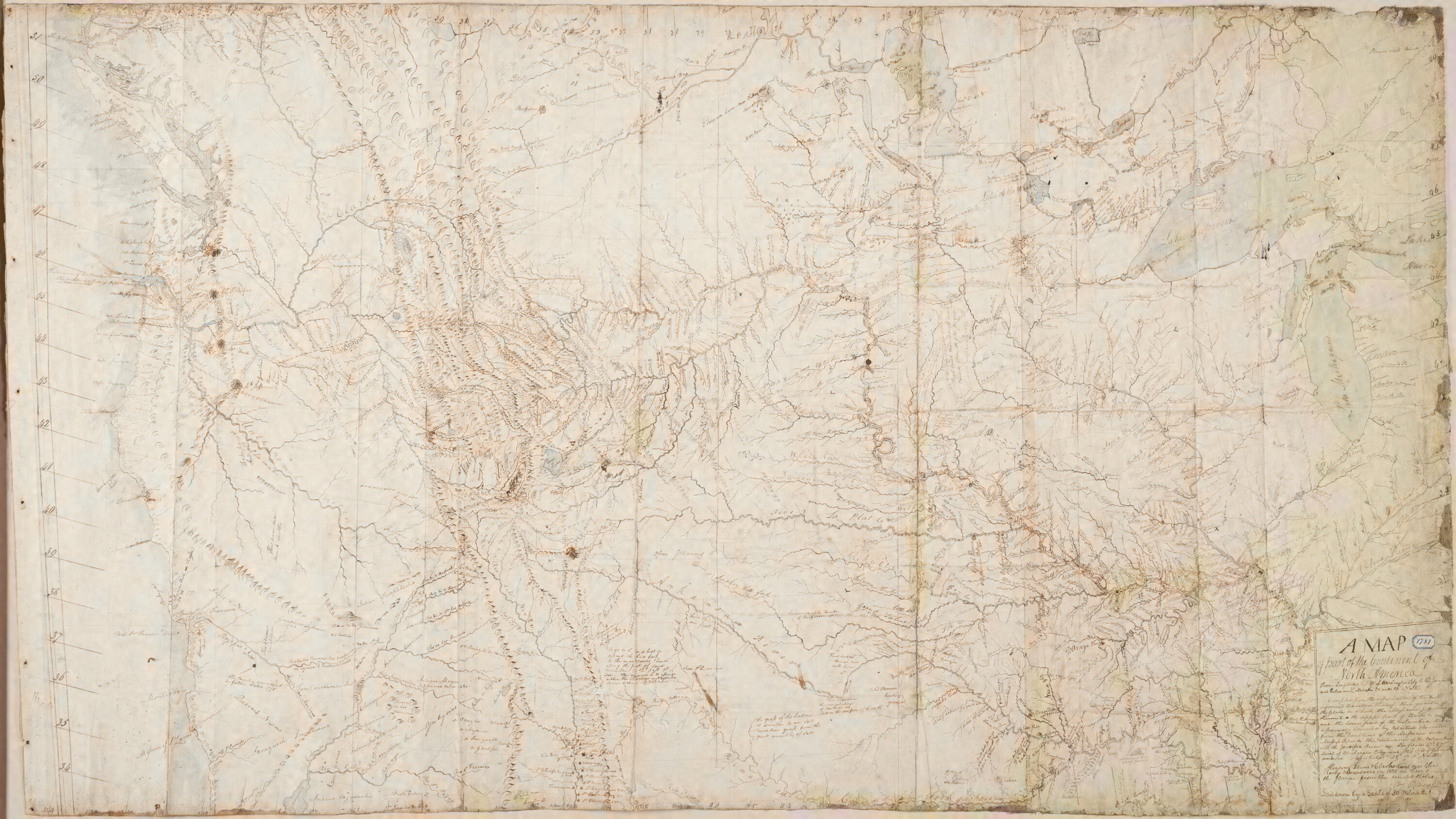Scientific Discoveries
Pictures courtesey of the National Archives and the North Dakota State Historical Society.
"
We're [Were] I to dwell on the advantages of this country I might fill a volume."
~ Meriwether Lewis
Lewis collected and cataloged specimens of animal furs, bones, and various plants. Among his discoveries were the Bison, the Big Horn, Prairie Dog, and plants such as Buffaloberry, Prickly Pear, and Golden Currant. In total, Meriwether Lewis recorded 122 new animal species and 178 plant species. Lewis and Clark found fossils too, including the jawbone of a fish and the ribs of another "unknown animal." They also mention paintings in a cavern akin to "deavils" the French term from Algonquian Indian for spirits. These discoveries managed to crush the barriers that stifled scientific advancement in America.
All images above are drawings created by Meriwether Lewis and William Clark
"
I wished for the pencil of Salvator Rosa or the pen of Thompson, that I might be enabled to give to the enlightened world some just idea of this truly magnificent and sublimely grand object, which has from the commencement of time been concealed from the view of civilized man; but this was fruitless and vain."
~ Meriwether Lewis on the Great Falls of the Missouri
On April 7, 1805, at Fort Mandan, Lewis and Clark dispatched men in a keelboat to carry their samples and maps back to St. Louis to report to President Jefferson.
William Clark noted the geography of their route. At Fort Mandan and Clatsop, he drafted a map of the terrain, although a complete one was created in 1810.


